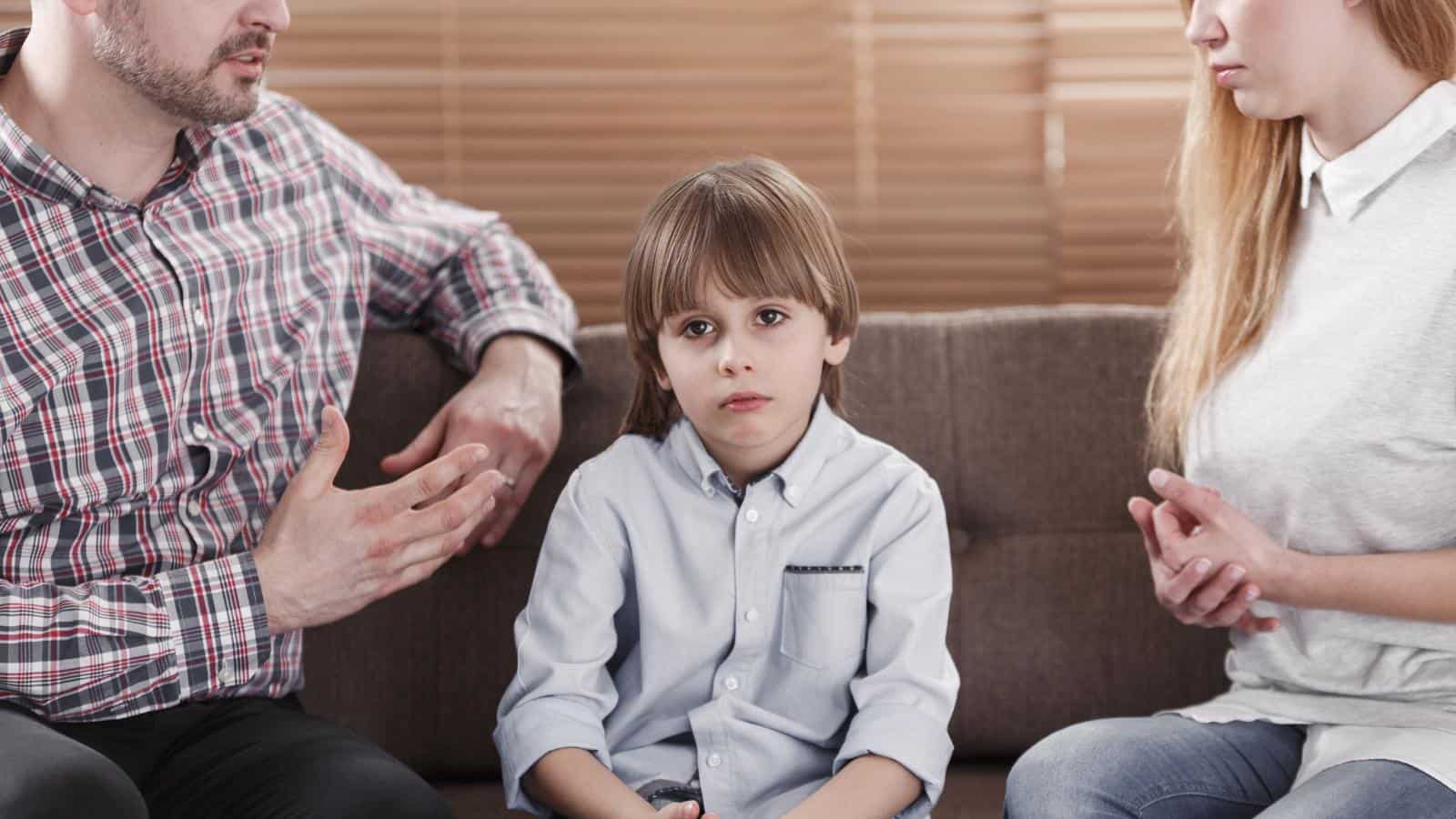If you grew up in a poor household, there are specific challenges you likely understand that those raised in more privileged circumstances might not recognize. Whether it was feeling like you had restricted access to education or needing to start working at an early age, here are 19 hardships that only those who experienced poverty firsthand would truly know.
Food Scarcity

Having little amounts of food when growing up is known to affect you in the long term. This is supported by The Independent, which writes, “People who grow up poor seem to have a significantly harder time regulating their food intake, even when they aren’t hungry.” Unfortunately, it’s a harsh inevitability of those growing up in poor households.
Financial Responsibility from a Young Age

Growing up poor may mean having to get a part-time or even full-time job at a very young age. The money you earned would go toward helping financially support your family instead of going to you. The effects of this can mean a loss of childhood and taking on too much responsibility at a young age.
The Constant Battle for Basic Needs

As a child, it may have been hard for you to afford things like clothing and food. This is supported by Data for Children Collaborative, which writes, “Poverty robs children of the things they need most for survival and development: nutrition, education, health services, water and sanitation.”
Educational Challenges

Growing up poor means it could be harder to have access to quality education. Dropout rates have always been higher for those who have been financially deprived, as there’s an urgent need to have a source of income. This can have an impact on career options, especially in the long term.
Living in Unsafe Environments

You may have grown up in an area that had a high crime rate and more violence compared to other neighborhoods. There can be a sense of dread and anxiety that comes from living in areas with high crime rates, as there may be little access to safe environments.
Health Issues Stemming from Poverty

All4Kids writes, “Most are unaware of just how greatly low-income households and extreme poverty can influence child health and cognitive child development.” If you grew up poor, then you may have known family members to have chronic illnesses, or you may have even experienced some yourself and still do to this day.
Limited Social Opportunities

Growing up poor can mean a lack of funds for recreational activities or not being able to attend social events. For example, if you couldn’t afford to buy a birthday present, you wouldn’t go to the party. Limited social interactions can cause a sense of isolation, especially as a child. It could have meant missing opportunities that you would have loved to be a part of.
Psychological Impact of Financial Insecurity

Growing up poor could have meant constant stress over finances, which, even as a child, can be harmful. You may have had feelings of shame, embarrassment, and failure, particularly at school when interacting with students in better financial situations. These financial insecurities can cause long-term mental health issues, such as depression.
Coping with Stereotyping

The Nordic Psychiatrist writes, “Poor people are typically stereotyped as less competent, less proactive, and less responsible than those with substantial financial resources.” There can be so much prejudice toward those who grew up poor, especially as there are so many stereotypes that people believe are real.
Strained Family Relationships

Financial struggles can cause tensions and arguments between family members. Sometimes, children even have to take on financial struggles that the family faces from a young age. It can have an impact on family bonding and has been known to have a negative effect on parental relationships.
Limited Access to Career Opportunities

It can be hard for someone who grew up poor to find the funds to go to university, which can then limit their career opportunities. A lack of guidance, especially from parents, can hinder career development. It creates a cycle of poverty that’s hard to break.
Lack of Adequate Housing

Growing up poor can mean that you live in substandard housing. Your house may have been overcrowded with many relatives living in it, not just immediate family. This can affect personal development, especially as you may not have access to the privacy that you need.
Challenges With Transportation

Liftango writes, “Transport poverty limits quality of life as a consequence of being unable to access transport services.” Challenges could include not being able to find transport to get to school or work. It has a significant impact on daily activities and highlights the limitations of expensive public transport.
Limited Exposure to Cultural Experiences

Growing up with little money can mean you miss opportunities to take part in educational or cultural trips. Trips like this are an important part of personal development, so not going would have a negative impact on you. Cultural trips can really shape aspirations and how a person views the world.
Having to See Parents Struggle

It can be hard on a child to witness the struggles a parent goes through to ensure there’s food on the table. It can have a lasting effect and cause a sense of guilt for a child, as they may feel like a financial burden.
Reliance on Government Benefits

There can be a reliance on government benefits, which causes challenges such as stigma and judgment. There are many complexities that come with government aid, and even though a child may not be aware of these, they’ll still feel the stresses that come from their parents.
Developing a Scarcity Mindset

Growing up poor can mean developing a scarcity mindset. Even as you become wealthier in your later years, there may still be financial anxieties that stay with you through life. It can be challenging for a person to adapt to a stable environment in the present day and may affect their decision-making and risk-taking.
The Hope of Overcoming Poverty

With so many stories of resilience when it comes to fighting poverty, it can be inspiring for anyone who grows up poor. Education in this area can show just how important it is to have a support system, which may come from family or school.
Limited Access to Technology

Growing up poor can mean that a child doesn’t have access to technology. This is backed up by Learning Hive, which writes, “Many families are living in digital poverty, making online education inaccessible to those who need it most.” Long-term effects may mean limited job opportunities and not being able to adapt to a world that relies heavily on technology.

